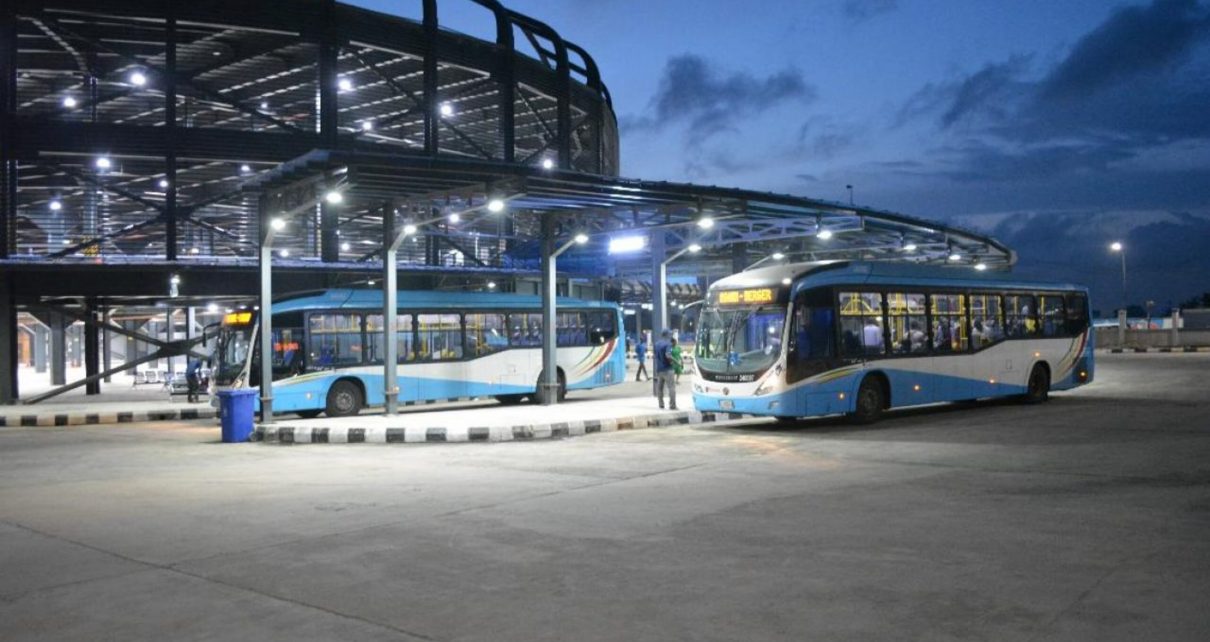A comprehensive, intelligent, and more integrated approach to transport planning in Africa has been promoted by the Lagos State Government in order to create an effective, egalitarian, and ecologically responsible system.
Dr. Frederic Oladeinde, the state’s commissioner for transportation, announced this on Wednesday during the 6th Africa Sustainable Mobility Course in Lagos.
According to Oladeinde,
He claims that it also necessitates adjustments in how individuals perceive and assess transportation-related issues and potential solutions.
The programme, which was run by Ochenuel Mobility Nigeria with assistance from LAMATA, had participants from Germany, South Africa, India, Malawi, Tanzania, Uganda, Liberia, and Nigeria.
Delivering his keynote address, on the theme of the course, “Pathway to the Future Mobility of Africa”, Oladeinde said for African transportation landscape to become sustainable, planning must focus on access.
“This can be improved with strategies that reduce the need to travel altogether, such as land management and improved communications.”
He pointed out that the recent rapid urbanisation of Africa has given rise to challenging social, economic, and environmental issues.
This, according to Oladeinde, is due to the auto-centric pattern of growth that causes traffic jams, urban sprawl, and pollution.
When faced with so many obstacles, he claimed that the current methods of problem solving in the transportation industry frequently fall short and are reductionist.
In addition to the lack of infrastructure spending to keep up with the needs of the fast expanding population, he claimed that non-motorized and public transportation (NMT) must be given first priority.
Oladeinde also emphasised the necessity of switching to cleaner or renewable energy sources in order to fuel Africa’s mobility sector.
He defined it as a crucial element of the strategy to lessen the harmful effects of mobility and transportation on the environment.
“Compressed natural gas (CNG), hydroelectricity, biomass, geothermal energy, wind power, and solar energy are all eligible energy sources.
“Hybrid and electric vehicles (EVs) would assist to reduce pollution while also easing the burden of rising gasoline prices.
“Energy security is however a primary hurdle to electric car acceptability in Africa,” he said.
The managing director of the Lagos Metropolitan Area Transport Authority (LAMATA), Mrs. Abimbola Akinajo, discussed the importance of the training in her welcome speech.
The course, according to Akinajo, was designed to take into account the organisational capabilities of the various executing MDAs, local governments, and local council development areas.
“It is also to coordinate their activities towards achieving a common and consistent policy basis for sustainable transport development in Lagos.
“There is a clear evidence that knowledge of sustainable urban mobility is limited in Africa, given the nature of contemporary urban transport developments,” she noted.
Akinajo emphasised that the main goal of transport development in Africa is to construct broader roads that encourage motorization.
She claimed that as a result, traffic congestion and greenhouse gas emissions rise.


